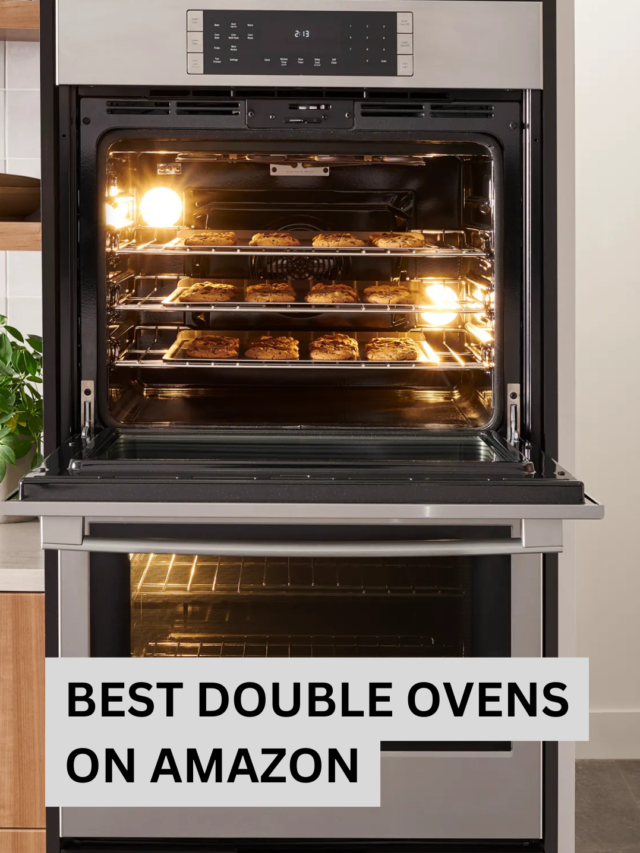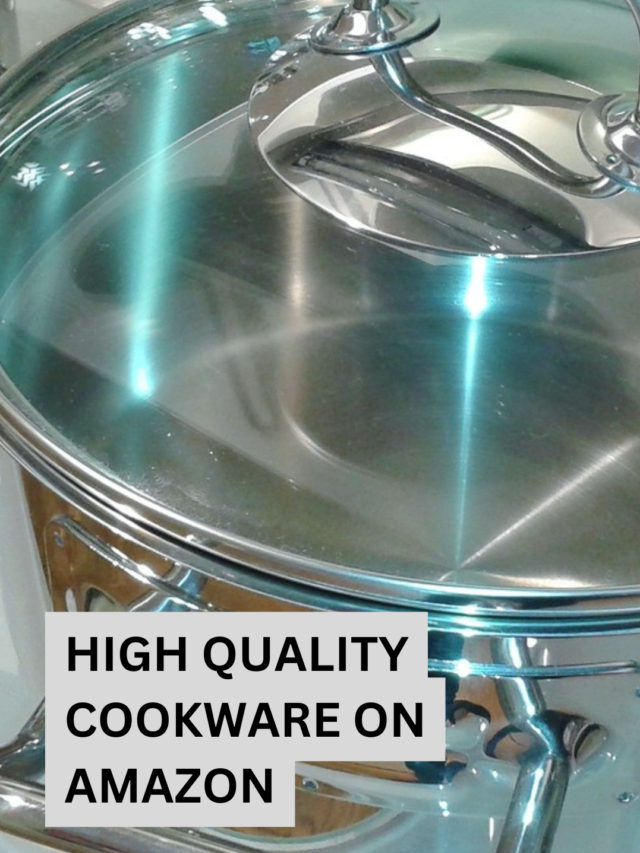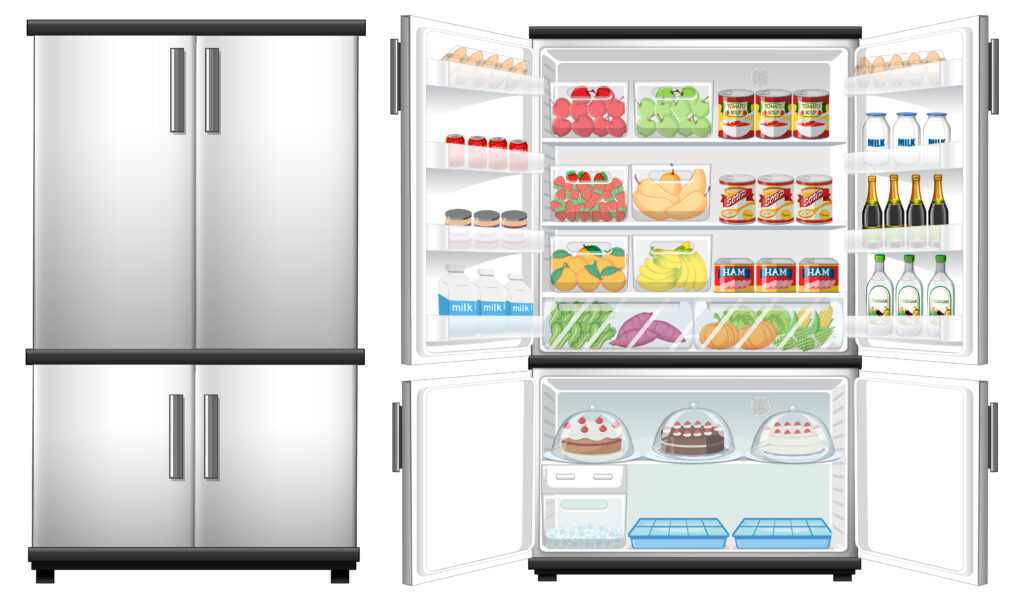
Comparing Normal Fridges and Smart Fridges: Exploring the Differences, Advantages, and Disadvantages
In today’s rapidly evolving technology landscape, the kitchen is also seeing significant advancements, particularly in the realm of appliances. Among these, the refrigerator, a staple of household convenience and necessity, has undergone substantial transformations, leading to the emergence of the smart fridge. This development raises a question for many consumers: What exactly differentiates a smart fridge from a normal fridge, and what are the implications of opting for one over the other?

The traditional refrigerator, or normal fridge, has always been essential for food preservation. Typically, it cools food to a temperature that slows down the decomposition process caused by bacteria, thus prolonging the life of fresh produce, dairy, and meats. Normal refrigerators may come with a variety of features like adjustable shelves, various compartments for different types of food, and built-in freezers. These refrigerators are straightforward in design and function, focusing primarily on maintaining a consistent temperature and providing ample storage space.
On the other hand, smart fridges represent the next step in the evolution of kitchen appliances. A smart fridge offers all the functionalities of a normal refrigerator but with added features enhanced by internet connectivity and home network integration. These refrigerators can track your groceries, suggest recipes based on the contents of your fridge, and even display the information on a touchscreen interface located on the door. Some models are equipped with internal cameras, allowing users to remotely view the contents of their fridge from their smartphones. This feature is particularly handy for checking if you need to buy milk while you’re at the store.
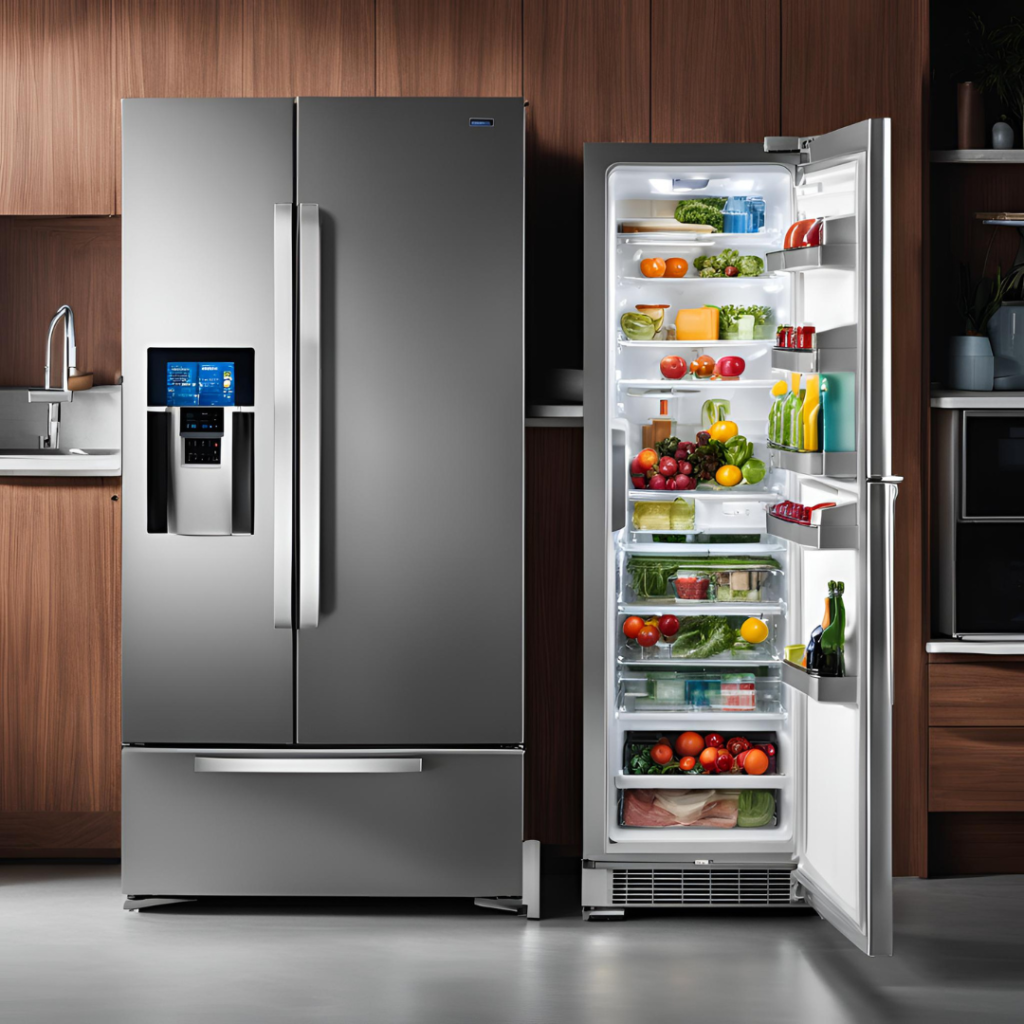
The primary advantage of smart fridges lies in their convenience and efficiency. They are designed to help manage your kitchen more effectively. For instance, they can connect to other smart devices, such as your smartphone or smart oven, to streamline cooking tasks. Imagine your fridge suggesting a recipe for dinner based on what it knows you have on hand, then preheating the oven for you at the right time. Additionally, smart fridges often come with energy management features that help reduce power consumption, which can be a boon for both the environment and your electricity bill.
However, these advanced features come with drawbacks. The cost of a smart fridge is considerably higher than that of a normal fridge. This price difference can be a significant barrier for many households. Moreover, with the integration of advanced technology comes the potential for more things to go wrong or require maintenance. A smart fridge, with its touchscreen displays and internet connectivity, may need more frequent updates and could present more points of failure compared to the more mechanical nature of normal refrigerators.
Privacy and security are additional concerns with smart fridges. Because these appliances are connected to the internet, they are susceptible to the same security risks as other connected devices, including unauthorized access and data breaches. This risk introduces a level of complexity and vulnerability that does not exist with normal fridges.
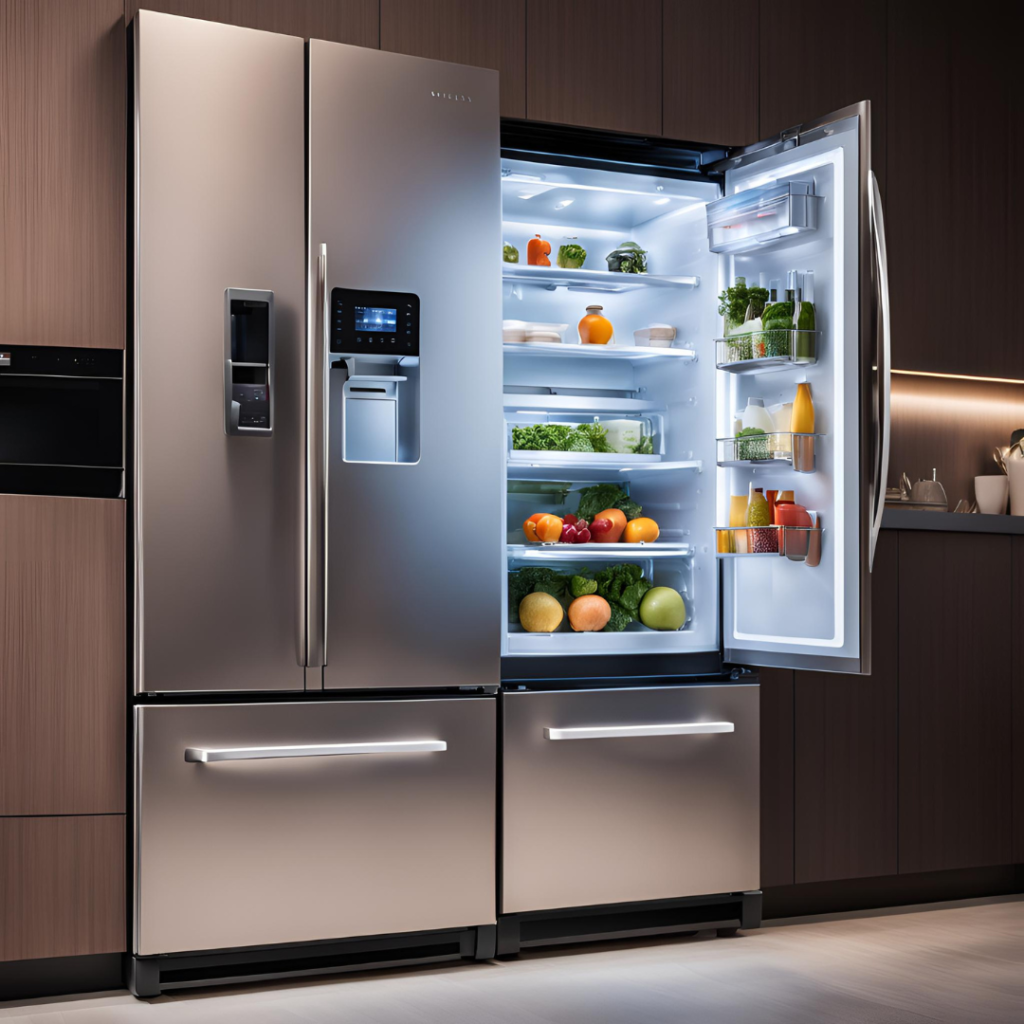
In terms of real-time examples, popular models like the Samsung Family Hub or the LG InstaView ThinQ have pushed the boundaries of what a fridge can do. These smart fridges offer features such as meal planning apps, expiration tracking for products, and even entertainment options such as streaming music and videos. While these features might seem extravagant, they reflect an ongoing trend towards kitchens that are connected, responsive, and tailored to the needs and habits of their users.
In conclusion, the choice between a smart fridge and a normal refrigerator largely depends on one’s lifestyle, budget, and how much value the additional features of a smart fridge can provide to an individual’s daily routine. While normal fridges continue to offer reliable performance without the need for complex features, smart fridges propose a more integrated, albeit pricier, approach to kitchen management and food preservation. As technology progresses, it will be interesting to see how these appliances evolve and what new features will become standard in the refrigerators of the future.
Best Smart Fridge to Buy in 2024
As we step into 2024, the range of smart fridges available on the market has expanded, offering a variety of features tailored to different needs and preferences. Choosing the best smart fridge can be a daunting task, given the multitude of options and technological advancements. However, focusing on a combination of features, user reviews, and innovative technologies can guide you to a model that best suits your lifestyle.
One standout model for 2024 is the Samsung Family Hub. This fridge not only keeps your food fresh but also becomes a digital hub for your household. Equipped with a large touchscreen on its door, the Family Hub allows you to manage your calendar, stream music, and even mirror your TV. Moreover, it integrates seamlessly with Samsung’s SmartThings ecosystem, making it possible to control other smart home devices directly from your kitchen. The internal cameras are a highlight, allowing you to check what’s inside your fridge remotely via your smartphone — a handy feature for those last-minute grocery store trips.

Another excellent choice is the LG InstaView ThinQ. This fridge is famous for its knock-on feature, where two knocks on the glass panel illuminate the interior, letting you see inside without opening the door, thus saving energy and reducing cold air loss. The LG InstaView is also equipped with voice recognition, which allows you to issue commands from across the room, adding convenience to your daily kitchen activities. Its proactive Smart Diagnosis helps catch potential problems before they arise, ensuring your appliance maintains optimal performance.
For those who are tech-savvy and eco-conscious, the GE Profile Smart 4-Door Refrigerator is a perfect fit. This model stands out with its autonomous functions, such as an autofill water pitcher that uses UV light to purify water, and an app that not only monitors your fridge’s operation but also gives you control over temperature settings and alerts. Its energy-efficient design not only helps reduce your carbon footprint but also cuts down on your electricity bills.
Finally, the Whirlpool Smart French Door Refrigerator cannot be overlooked. It integrates with Amazon Alexa and Google Assistant, allowing for voice-controlled functionality that can add items to your shopping list, play music, or adjust settings without you needing to lift a finger. The Whirlpool model also features advanced climate control technologies that keep food fresher longer, with separate compartments designed for different types of food.
Choosing the best smart fridge in 2024 will depend on your specific needs, whether it’s integration capabilities with other smart home devices, energy efficiency, or the convenience of having an all-in-one control center in your kitchen. Each of these models offers a glimpse into the future of kitchen technology, combining style, functionality, and innovation to transform how we think about keeping our food fresh.
Smart fridges represent a significant evolution in kitchen technology, blending traditional refrigeration with advanced features that offer enhanced convenience, efficiency, and integration. Here are some of the key benefits of owning a smart fridge:
Enhanced Food Management
One of the primary benefits of smart fridges is their ability to help manage the contents more effectively. Many models come equipped with internal cameras, allowing you to view the contents of your fridge remotely through a smartphone app. This feature is incredibly handy for checking if you need to buy certain items while you’re at the grocery store. Additionally, some smart fridges can track expiration dates and notify you when food is about to go bad, helping to reduce waste and save money.
Improved Energy Efficiency
Smart fridges are designed to be more energy-efficient than their traditional counterparts. They often feature more precise cooling systems that adjust temperatures dynamically based on the load and frequency of door openings. Some models can even connect to smart grids to optimize their energy usage during off-peak hours, further reducing your electricity bills.
Convenience and Connectivity
Smart fridges offer unparalleled convenience thanks to their integration with other smart devices and home systems. They can be controlled and monitored from your smartphone, allowing you to adjust settings, receive alerts, and even see who’s knocking at your door if your fridge is connected to a smart doorbell. Moreover, many smart fridges feature touchscreens that serve as command centers, where you can manage calendars, play music, or even mirror content from your smart TV.
Cooking and Meal Planning Assistance
Another significant advantage is the assistance smart fridges provide in meal planning and preparation. Through integration with various apps, these fridges can suggest recipes based on the ingredients you currently have, helping you make meal decisions easier. Some can even send cooking instructions directly to smart ovens or other connected devices, streamlining the cooking process.
Enhanced Safety Features
Smart fridges often include enhanced safety features such as alerts for open doors or malfunctioning sensors, which can help prevent energy waste and spoilage. They also incorporate advanced filtration systems for water and ice dispensers, ensuring higher water quality with regular alerts for filter changes.

Customization and Control
The level of control and customization available with smart fridges is a significant upgrade over traditional models. They offer adjustable settings for different compartments, allowing you to create the perfect environment for fruits, vegetables, meats, and other products. This specificity extends the freshness of your food and can be adjusted from your mobile device, adding a layer of convenience traditional fridges simply can’t match.
Aesthetic and Design Innovation
Lastly, smart fridges often boast superior design aesthetics, including sleek interfaces and customizable elements like modular drawers and adjustable shelving. This makes them not just appliances, but focal points of modern kitchen design.
In conclusion, while smart fridges represent a higher upfront investment, the array of benefits they offer—from energy savings and improved food management to enhanced connectivity and convenience—can transform everyday kitchen experiences, making them a worthwhile consideration for modern households looking to upgrade their appliance technology.

Smart fridges are designed with various features that not only enhance functionality but also improve energy efficiency, which can lead to significant savings on your electricity bills.


